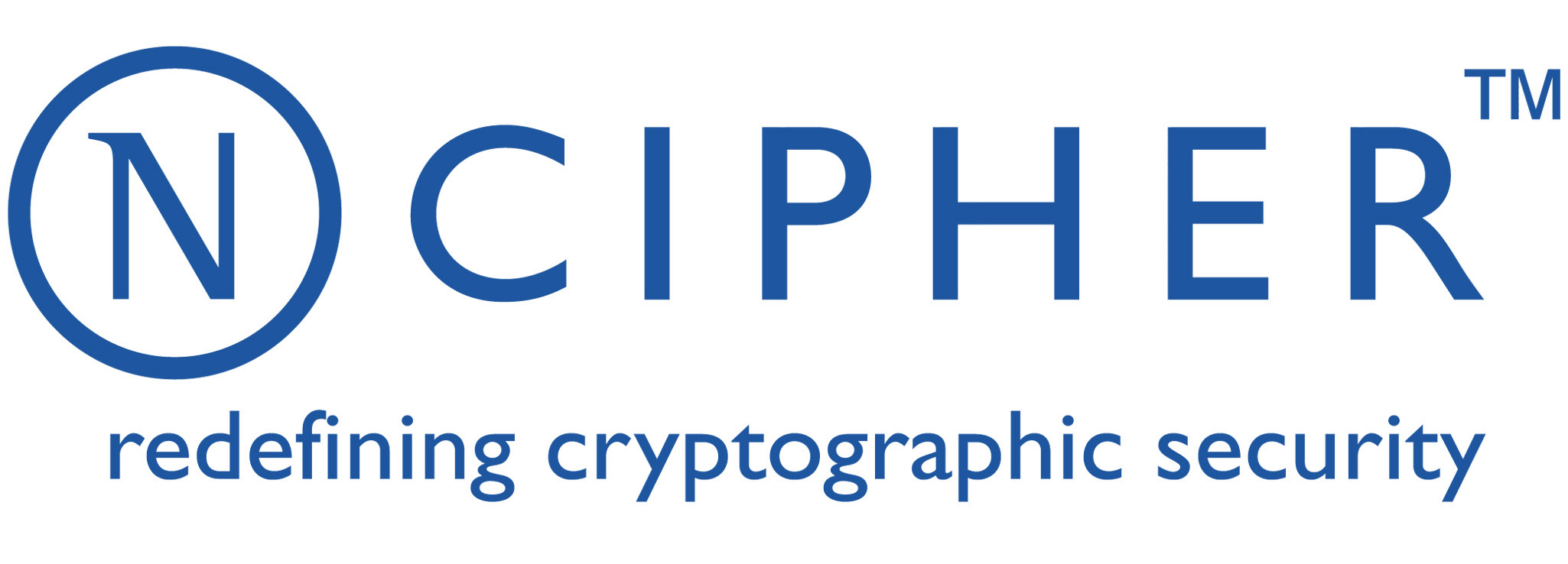Accepted Papers
Regular papers category
- Uncheatable Reputation for Distributed Computation Markets, Bogdan Carbunar (Purdue University) and Radu Sion (Stony Brook University)
- Efficient Provably Secure Restrictive Partially Blind Signatures from Bilinear Pairings, Xiaofeng Chen and Fangguo Zhang (Sun Yat-sen University, China) and Yi Mu and Willy Susilo (University of Wollongong, Australia)
- A Private Stable Matching Algorithm, Philippe Golle (Palo Alto Research Center)
- An Efficient Publicly Verifiable Mix-net for Long Inputs, Jun Furukawa and Kazue Sako (NEC Corporation, Japan)
- A Protocol For Secure Public Instant Messaging, Mohammad Mannan and Paul C. van Oorschot (School of Computer Science, Carleton University, Canada)
- Revisiting Oblivious Signature-Based Envelopes: New Constructs and Properties, Samad Nasserian (RWTH Aachen University) and Gene Tsudik (University of California, Irvine)
- Auditable Privacy: On Tamper-evident Mix Networks, Jong Youl Choi (Indiana University at Bloomington) and Philippe Golle (Palo Alto Research Center) and Markus Jakobsson (Indiana University at Bloomington)
- Conditional Encrypted Mapping and Comparing Encrypted Numbers, Ian F. Blake (Dept. ECE University of Toronto) and Vladimir Kolesnikov (Dept. Comp. Sci. University of Toronto)
- Efficient Broadcast Encryption Scheme with Log-Key Storage, Yong Ho Hwang and Pil Joong Lee (Dept. of EEE, POSTECH, Pohang, Korea)
- A Generic Construction for Token-Controlled Public Key Encryption, David Galindo (Radboud University Nijmegen) and Javier Herranz (INRIA Futurs-Laboratoire d'Informatique (LIX))
- Private Policy Negotiation, Klaus Kursawe and Gregory Neven (Katholieke Universiteit Leuven) and Pim Tuyls (Philips Research Eindhoven)
- Efficient Correlated Action Selection, Mikhail Atallah and Marina Blanton and Keith Frikken and Jiangtao Li (Department of Computer Science, Purdue University)
- Efficient Cryptographic Protocols Realizing E-Markets with Price Discrimination, Aggelos Kiayias (University of Connecticut) and Moti Yung (RSA Labs & Columbia Univ.)
- Privacy in encrypted content distribution using private broadcast encryption, Adam Barth and Dan Boneh (Stanford University) and Brent Waters (SRI International)
- Provably Secure Electronic Cash based on Blind Multisignature Schemes, Yoshikazu Hanatani (The University of Electro-Comunications) and Yuichi Komano (Toshiba Corporation) and Kazuo Ohta (The University of Electro-Comunications) and Noboru Kunihiro (The University of Electro-Comunications)
- Phoolproof phishing prevention, Bryan Parno and Cynthia Kuo and Adrian Perrig (Carnegie Mellon University)
- Privacy-Protecting Coupon System Revisited, Lan Nguyen (CSIRO ICT Centre, Australia)
- Using Automated Banking Certificates to Detect Unauthorized Financial Transactions, C. Corzo, F. Corzo S., N. Zhang and A. Carpenter (Univerisity of Manchester)
- Authenticated Key-Insulated Public-Key Encryption and Time-Release Cryptography, Jung Hee Cheon (Dept. of Mathematics, Seoul National Univ., Korea) and Nick Hopper and Yongdae Kim and Osipkov (Dept. of Computer Science and Eng., University of Minnesota-Twi Cities)
Short Paper Category
- A Practical Implementation of Secure Auctions based on Multiparty Integer Computation, Peter Bogetoft (Food and Resources Economic Institute, The Royal Veterinary and Agricultural University, Denmark) and Ivan Damgård (Dept. of Computer Science, University of Aarhus) and Thomas Jakobsen (Dept. of Computer Science, University of Aarhus) and Kurt Nielsen (Food and Resources Economic Institute, The Royal Veterinary and Agricultural University, Denmark) and Jakob Pagter (Dept. of Computer Science, University of Aarhus) and Tomas Toft (Dept. of Computer Science, University of Aarhus)
- Defeating Malicious Servers in a Blind Signatures Based Voting System, Sebastien Canard and Matthieu Gaud and Jacques Traore (France Telecom R&D, France)
- Cryptanalysis of a partially blind signature scheme or "How to make 100$ bills with 1$ and 2$ ones", Gwenaëlle Martinet and Guillaume Poupard and Philippe Sola (DCSSI Crypto Lab - France)
- Pairing Based Threshold Cryptography Improving on Libert-Quisquater and Baek-Zheng, Yvo Desmedt (Information Security, Department of Computer Science, University College London) and Tanja Lange (Technical University of Denmark)
- A Note on Chosen-Basis Decisional Diffe-Hellman Assumptions, Michael Szydlo (RSA Laboratories),
- Credit transfer within market-based resource allocation infrastructure, Tyler Close (HP Palo Alto)




